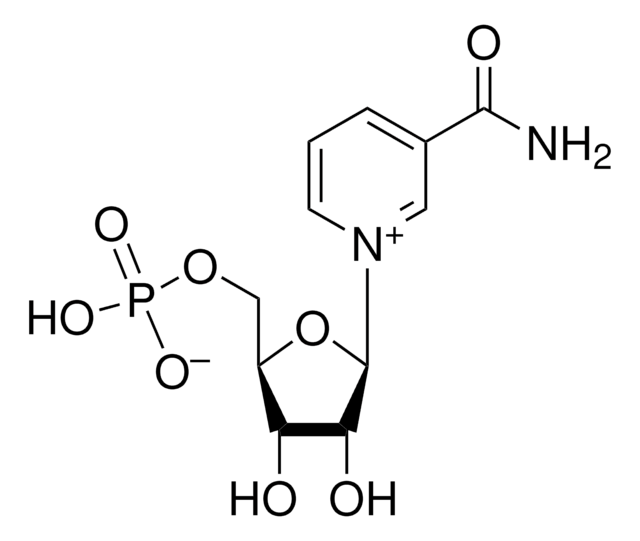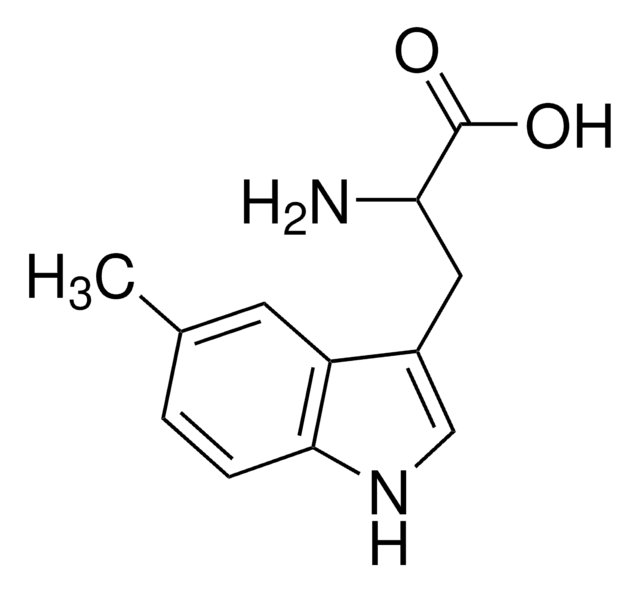N3376
Nicotinamide
≥98% (HPLC), powder, PARP inhibitor
Synonym(s):
Niacinamide, Nicotinic acid amide, Pyridine-3-carboxylic acid amide, Vitamin B3, Vitamin PP
About This Item
Recommended Products
product name
Nicotinamide, ≥98% (HPLC), powder
Quality Level
Assay
≥98% (HPLC)
form
powder
color
white
mp
128-131 °C (lit.)
application(s)
cell analysis
SMILES string
NC(=O)c1cccnc1
InChI
1S/C6H6N2O/c7-6(9)5-2-1-3-8-4-5/h1-4H,(H2,7,9)
InChI key
DFPAKSUCGFBDDF-UHFFFAOYSA-N
Gene Information
human ... PARP1(142) , SIRT2(22933)
Looking for similar products? Visit Product Comparison Guide
Related Categories
Application
Biochem/physiol Actions
Features and Benefits
Storage and Stability
Signal Word
Warning
Hazard Statements
Precautionary Statements
Hazard Classifications
Eye Irrit. 2
Storage Class Code
11 - Combustible Solids
WGK
WGK 1
Flash Point(F)
302.0 °F - closed cup
Flash Point(C)
150 °C - closed cup
Personal Protective Equipment
Certificates of Analysis (COA)
Search for Certificates of Analysis (COA) by entering the products Lot/Batch Number. Lot and Batch Numbers can be found on a product’s label following the words ‘Lot’ or ‘Batch’.
Already Own This Product?
Find documentation for the products that you have recently purchased in the Document Library.
Customers Also Viewed
Articles
Organoid culture products to generate tissue and stem cell derived 3D brain, intestinal, gut, lung and cancer tumor organoid models.
We offer a variety of small molecule research tools, such as transcription factor modulators, inhibitors of chromatin modifying enzymes, and agonists/antagonists for target identification and validation in gene regulation research; a selection of these research tools is shown below.
Our team of scientists has experience in all areas of research including Life Science, Material Science, Chemical Synthesis, Chromatography, Analytical and many others.
Contact Technical Service








